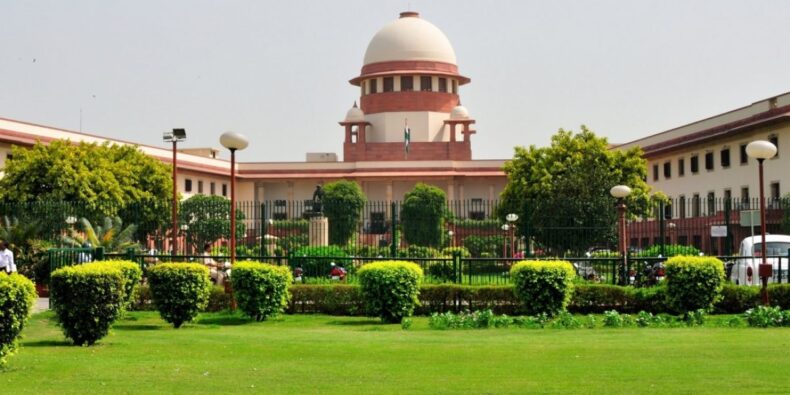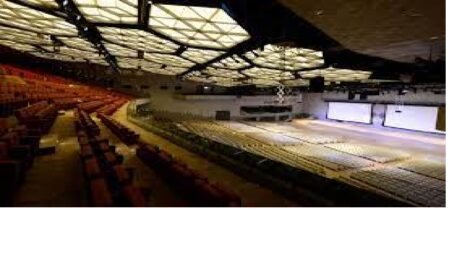A bench led by Chief Justice N V Ramana had taken note of senior attorney Vikas Singh and lawyer Aman Panwar’s submissions that the case needed to be heard quickly due to the impending fear of ‘jhuggis’ being demolished.
The Supreme Court granted interim relief to jhuggi/slum residents of Delhi’s Sarojini Nagar on Monday, ordering the Central Government to refrain from adopting forceful measures to evict them. A case filed by jhuggi dwellers from Sarojini Nagar against demolition/eviction orders without rehabilitation or relocation of the slum residents was being considered by a bench of justices, KM Joseph and Hrishikesh Roy. The petitioners argued in court that there are roughly 200 families living in jhuggis, and that if the government does not provide them with alternative housing under the Delhi Slum Rehabilitation Policy, more than 1,000 people will become homeless and take to the streets. They further claim that they are merely seeking rehabilitation/relocation in accordance with the state’s policies, not to obstruct any of the government’s development work or public projects.

On April 22nd, 2022, a bench led by Chief Justice N V Ramana took note of senior attorney Vikas Singh and lawyer Aman Panwar’s submissions that the case needed to be heard quickly due to the impending fear of “jhuggis” being demolished. Last Friday, the Supreme Court refused to renew the stay without hearing from the authorities.
Senior Advocate Vikas Singh, representing the petitioners, stated that the petitioners had documentation such as voter identification cards. The bench responded by saying, “Possession of a voter ID doesn’t confer any rights.” It further said that it would examine the case at length and asked the Centre not to take any action till then.
We can’t just banish them. Where do you expect thousands of people to go? Some scheme has to be there, “Singh said. He noted that board exams begin on Tuesday and that some of the petitioners will be taking part in them. This included minor Vaishali, who filed the petition with the help of her next-door neighbor Sita Devi and others.
The petitioners also claimed that the forced eviction of the jhuggi residents in question will permanently disrupt and destroy the lives of jhuggi residents, including children, the elderly, and women (including pregnant women), who will be thrown out onto the streets with no alternative housing. Residents of the aforementioned jhuggis are extremely poor people, such as dhobis, daily wage laborers, rag pickers, maids, street sellers, and others, who have no other place to live.
Conclusion
The court emphasized that a modern government should engage with petitioners rather than evict them from their homes. “You say that you have to vacate the land. Now, these people have come from all over the country, and they cannot afford the rates (for rent) elsewhere. As a modern government, you cannot say you will throw them out. You have to engage willingly, ” the bench remarked.
The Court stated that it would be unfair to protect only the petitioners while allowing the authorities to remove others who had not contacted the Court. This came after the Additional Solicitor General (ASG) KM Nataraj filed a complaint alleging that the petitioners were advocating for everyone’s cause under the guise of a public interest litigation (PIL) petition.
“Deal with them humanly when you deal with them. As a model government, you can’t say you won’t have a policy (to rehabilitate) and simply throw it away. You’re dealing with families.. “, a bench led by Justice KM Joseph told Additional Solicitor General KM Nataraj.
Edited By: Vanshika Sahu
Published By: Raj Kishor













